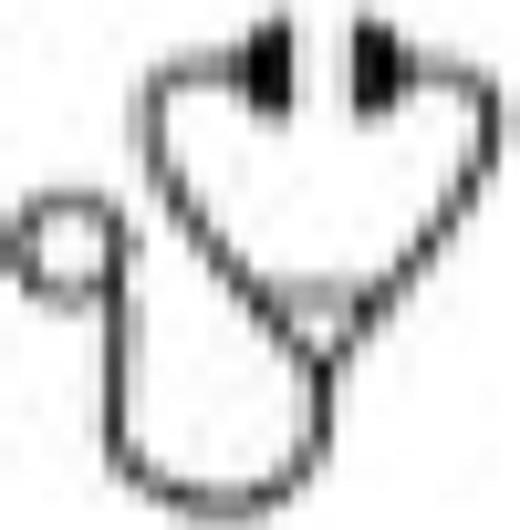Abstract

Background: To investigate the efficacy and safety of tigecycline (TGC) in febrile neutropenic and carbapenem-resistant patients with hematologic malignancy.
Methods: The clinical data of 71 patients with hematologic malignancy, febrile neutropenia (FN) were retrospectively analyzed. They are unresponsive to carbapenem for 3~5 days before receiving TGC. The loading dose of tigecyclin was 100 mg at the first time, and 50 mg every 12 hours as maintenance therapy. The efficacy was evaluated according to the Ministry of Health issued in 2007, meanwhile, the drug side effects were also evaluated.
Result: The median duration of neutropenia was 14 days (ranged from 1 to 83d). 61 out of 71 patients (84.5%) suffered from Respiratory infection, and 21 patients (35.2%) suffered from bloodstream infection. Microbiological evidence was got in 55 patients. Among 124 isolated species, Gram-negative microorganism (40.7%) was more commonly observed compared with Gram-positive microorganism (37.3%). The total effective rate of tigecycline was 64.8%. The bacterial clearance rates and bacterial hypothetical clearance were 20.8% and 22.6%, respectively. The media time for temperature come back to nomal was 3 days ( ranged from 1 to 10d). The clinical effective rate was 86.7% when tigecycline was administered for more than 9 days, while just 50.0% when administered for less than 9 days ( P = 0.02) . Patients with bloodstream infection got a worse efficacy than those without bloodstream infection ( 50% vs 67.8%, P=0.038). As a second-line anti-infective therapy, the clinical effective rate of tigecycline (70.8%) was mildly higher than those third-line or fourth-line therapy (61.7%) (P= 0.446)). The most common side effects were mild gastrointestinal symptoms including nausea,vomiting and diarrhea. No lethal adverse events was observed.
Conclusions: ur results demonstrated tigecycline was effective and safety for patients unresponsive to carbapenem with febrile neutropenia. A further study with larger number of cases was needed.
No relevant conflicts of interest to declare.
Author notes
Asterisk with author names denotes non-ASH members.

This icon denotes a clinically relevant abstract

This feature is available to Subscribers Only
Sign In or Create an Account Close Modal